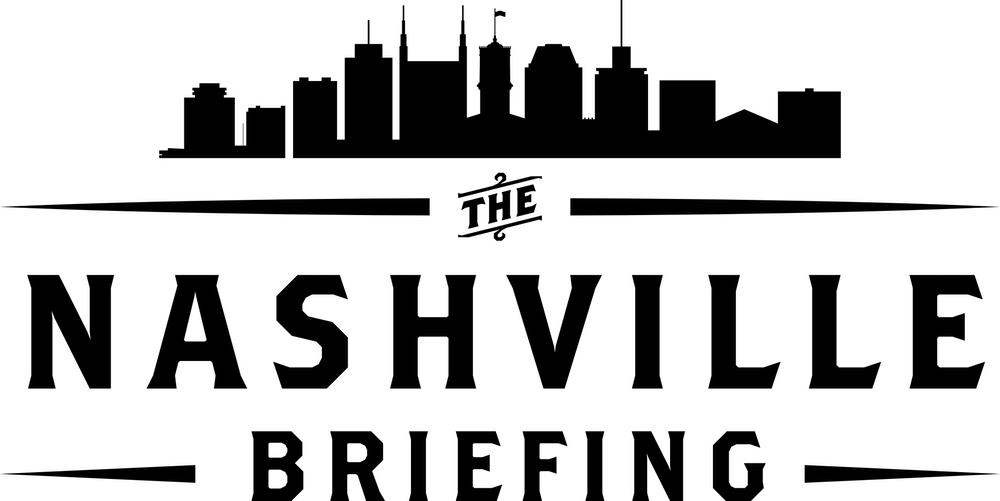Federal Judge Rules AI-Generated Art Cannot Hold Copyright
A federal judge has ruled that AI-generated art cannot be copyrighted, a new footnote to the ongoing novel that will be artificial intelligence. On August 18, a federal court ruled that copyright law only extends to human beings, no matter how impressive (or the opposite) any AI-generated work may turn out to be.
Case closed: The case in question was presented to the United States District Court for the District of Columbia after the U.S. Copyright Office twice denied a copyright to plaintiff Stephan Thaler for an image generated by the Creativity Machine algorithm, which he created.
Thaler had attempted to claim the copyright of the Creativity Machine's work by listing himself as the human creator, since he developed the algorithm that generated the art. Ryan Abbott, an attorney for Thaler, said he and his client “strongly disagree” with the U.S. court's decision and will appeal. Thaler has also applied for related patents in other countries without much success.
Judge Beryl A. Howell agreed with the Copyright Office's decision, considering the work of the Creativity Machine algorithm to be one generated autonomously by a computer without any human interference.
What she's saying: “The Register did not err in denying the copyright registration application presented by (Thaler). United States copyright law protects only works of human creation,” she wrote, adding that Thaler “correctly observes” that throughout its history, copyright law “has proven malleable enough to cover works created with or involving technologies developed long after traditional media of writings memorialized on paper.”
Ultimately, "Copyright has never stretched so far, however, as to protect works generated by new forms of technology operating absent any human guiding hand, as plaintiff urges here," she concluded. "Human authorship is a bedrock requirement of copyright."
